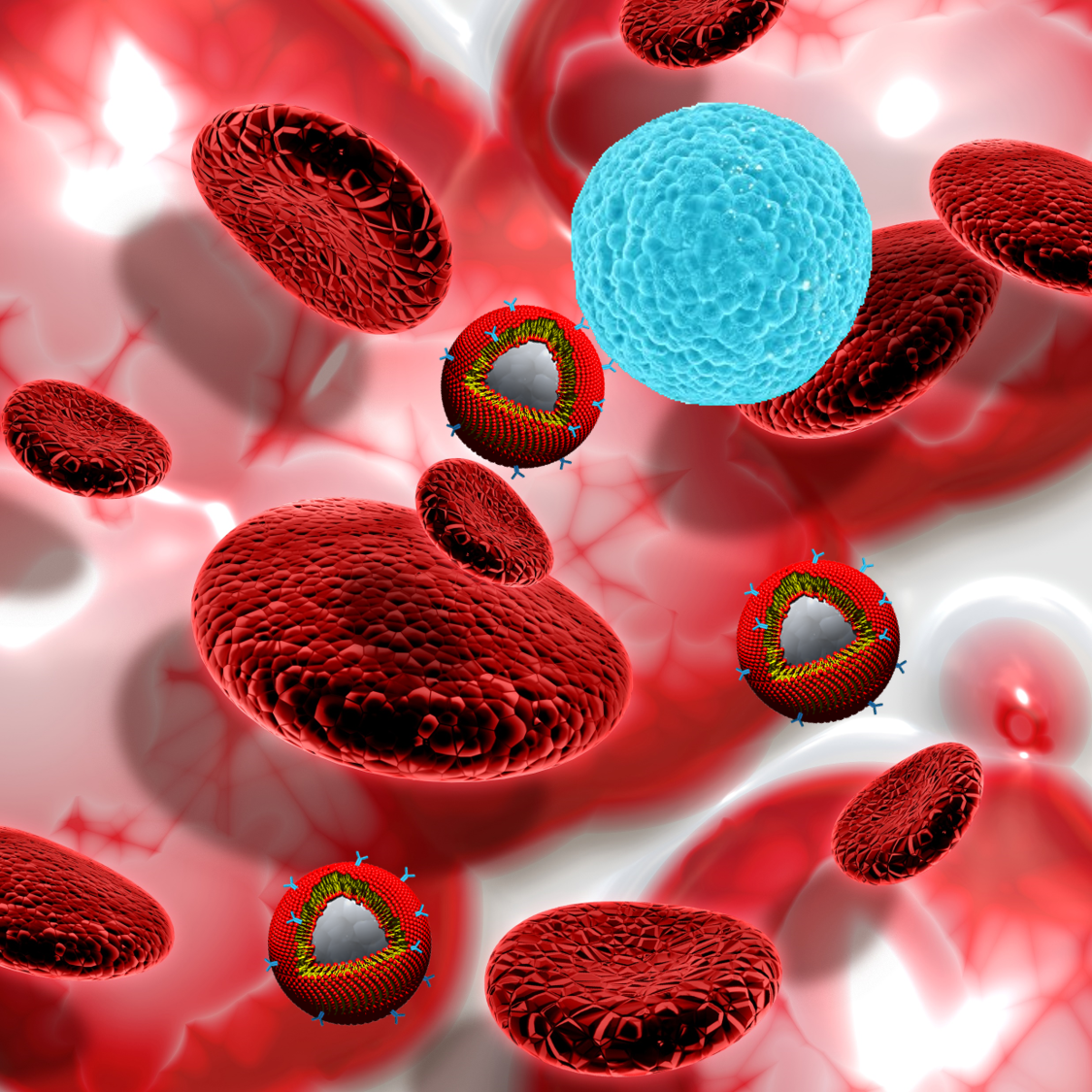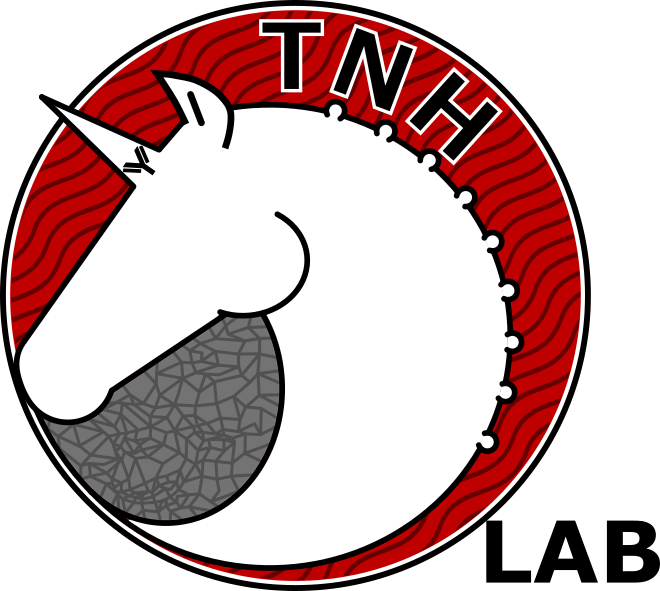The XtraUS project focuses on the prevention of cancer relapse and on the achievement of an early cure of recurrence, thus having a heavy impact on health and on its financial implications. Actually, many patients unfortunately get into a recurrence of their primary tumor disease, since their cancer is not fully remitted and they require further treatment to manage it.
Minimal residual disease (MRD) after potentially curative treatment generally contributes to disease relapse and is the target of early adjuvant treatments. In particular, circulating tumor cells (CTCs) in the blood stream have a key
role in cancer progression, recurrence and metastasis spreading. However, their such tiny amount is diffcult to detect by conventional laboratory tests. From a social and financial perspective, fighting these cancer cells has a huge
impact on cancer relapse prevention and thus on the health, quality of life and overall cancer treatment expenditure.
XtraUS aims at validating a breakthrough technology to fight CTCs in the bloodstream and thus reduce the rise of MRD and further cancer relapse. It applies an extracorporeal blood circulation set-up exploiting a novel stimuli-responsive, targeted and non-immunogenic nanoconstruct, remotely activated against CTCs. XtraUS results in a personalized and translational approach, with high-target specificity and reduced collateral damage to both blood and adjacent healthy tissues. With this technology, we aim to advance the conventional treatments of CTCs in the blood stream, proposing a more effective and safer treatment to fight cancer relapse and metastasis spreading than the current ones. The driving idea is to render permanent and efficacious the first treatment offered to patients for their primary tumor disease, avoid cancer relapse, and reduce all associated costs.

XtraUS is a versatile technology, with potential applications also on many other diseases, with huge societal and economic impacts on public health.

This project has received funding from the European Research Council as an ERC-2020-PoC call with GA 957563, title: “Fighting cancer relapse with remote activation of smart and targeted nanoconstructs”
